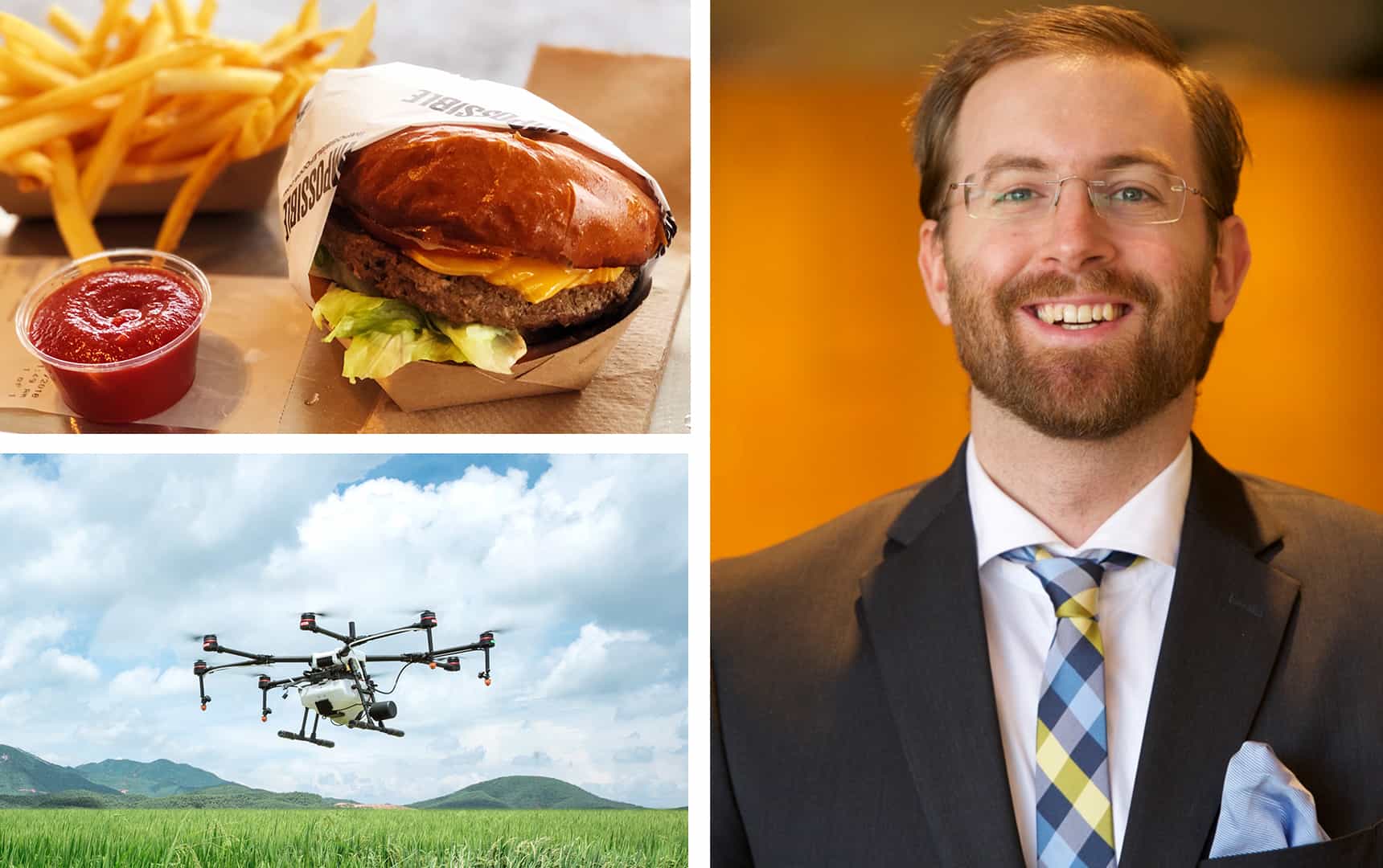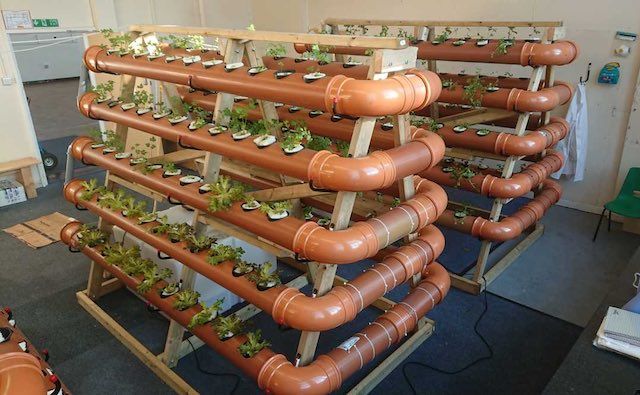🍔 Food Tech
A lot of innovation is going on in food tech, making food cheaper, more nutritious, better tasting and with less emissions during production. Here you'll find articles about AI, sensors and IoT, big data, digital biology, precision farming, cell-grown meat, GMO and automation.
🍔 From plant burgers that bleed to agricultural drones - this is FoodTech
The technology we use in our food production is becoming increasingly advanced. So advanced that we are now entering a new paradigm. Now, in the 21st century, we have therefore also begun to use a new word to describe this technique.
💧Drinking water made from sunlight and air
Solar powered panels pull water vapour out of the air and turn it into clean drinkable water.
Rooftop greenhouses can feed two percent of Montreal's population
Lufa Farms has built a 15,000 square meter greenhouse on the roof of the company's distribution center.
🌟 Swedish researchers have a new method for producing cooking oil - using electricity and carbon dioxide
Cooking oil produced using a completely new method may be a future alternative to palm oil. Development is ongoing.
🍅 Technology from TV sets gives greater harvests in greenhouses
Quantum dots can concentrate the parts of the spectrum in light that plants use for their photosynthesis.
🌾 UAE is investing $100 million in indoor farming as it tries to become more self-sufficient
As a region with little water, extreme heat, and not much farmable land, the United Arab Emirates imports 80% of its food. Indoor farming may help them go more local.
🍅 Growing crops in the desert using discarded mattresses
Scientists have succeeded in cultivating tomatoes, peppers, aubergines and herbs in the desert using discarded mattresses bound for landfill. The innovative system could be rolled out to every refugee shelter in the world, helping millions of people to thrive in barren landscapes.
🍲 This smart garbage disposal will compost your food scraps instead of sending them off to the sewer
Rather than shredding up your food waste and sending it to the sewers, this new device collects all of your food scraps for composting.
🌾 New Heavy-Lift Utility Drone For Agriculture, Logistics, and Infrastructure
John Deere, a world leader in advanced products and services for the agriculture industry, has teamed up with [https://press.volocopter.com/index.php/john-deere-and-volocopter-cooperate-on-cargo-drone-technology] German startup, Volocopter, to develop an aerial crop-dusting system called VoloDrone. VoloDrone was recently demonstrated at the global agricultural engineering tradeshow, Agritechnica [https://www.agritechnica.








